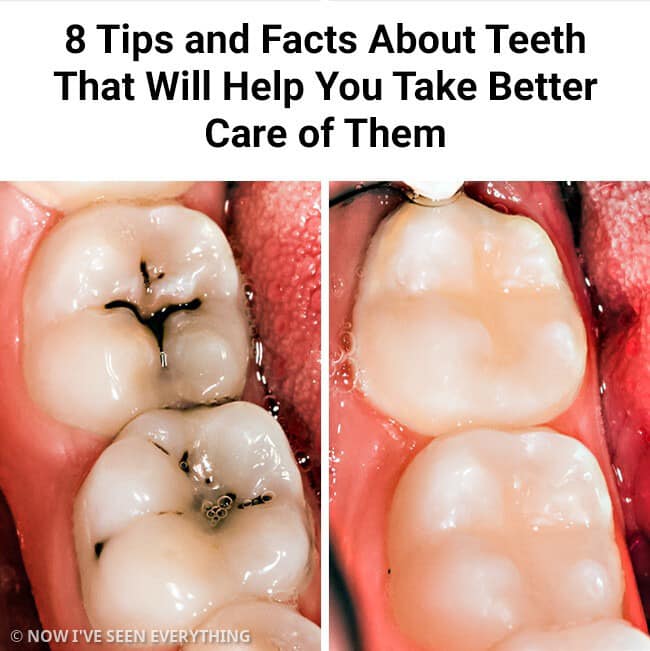ADVERTISEMENT
Tip: If you do consume sugary or acidic foods, drink water afterward to help wash away the acids and sugars. It’s also a good idea to wait 30 minutes before brushing your teeth after eating acidic foods, as your enamel softens and can be more easily damaged.
5. Stay Hydrated for Stronger Teeth
Drinking plenty of water throughout the day is not only important for your overall health but also for maintaining strong teeth. Water helps rinse away food particles, dilute acids, and promote saliva production—your mouth’s natural defense against tooth decay. Saliva helps neutralize acids and remineralize your enamel, keeping your teeth healthy.
Fact: Drinking fluoridated water can help prevent tooth decay by strengthening your enamel and fighting cavities.
6. Replace Your Toothbrush Regularly
Your toothbrush can only do its job if it’s in good condition. Over time, the bristles on your toothbrush wear down and lose their effectiveness. It’s recommended to replace your toothbrush every 3 to 4 months, or sooner if the bristles are frayed.
Tip: If you’ve been sick, it’s a good idea to replace your toothbrush to avoid reinfecting yourself with germs.
7. Protect Your Teeth with Mouthguards
If you play sports or grind your teeth at night, it’s essential to protect your teeth with a mouthguard. Sports-related injuries are a leading cause of tooth damage, and teeth grinding (bruxism) can lead to cracked teeth and jaw problems. A custom mouthguard from your dentist offers better protection than over-the-counter options.
Fact: Using a mouthguard can help prevent serious dental injuries, including tooth loss, in contact sports.
8. Regular Dental Checkups Are Key
Visiting the dentist at least once a year for a checkup and cleaning is vital for maintaining your oral health. Regular professional cleanings remove plaque buildup that you might miss while brushing and flossing. Your dentist can also spot early signs of dental issues, such as cavities, gum disease, and oral cancer, and help prevent more serious problems down the road.
Tip: If you notice any unusual symptoms—such as bleeding gums, persistent bad breath, or tooth pain—don’t wait until your next appointment. Schedule a visit as soon as possible to address any potential issues before they get worse.
Conclusion: Healthy Teeth, Healthy You!
Taking care of your teeth goes beyond just brushing and flossing. By following these tips and being mindful of your oral health, you can enjoy a cleaner mouth, fresher breath, and a brighter smile for years to come. Plus, maintaining good dental hygiene can reduce your risk of gum disease, cavities, and even more serious health conditions like heart disease and diabetes.
Remember, your teeth are one of your most important assets, so give them the care they deserve!
ADVERTISEMENT
